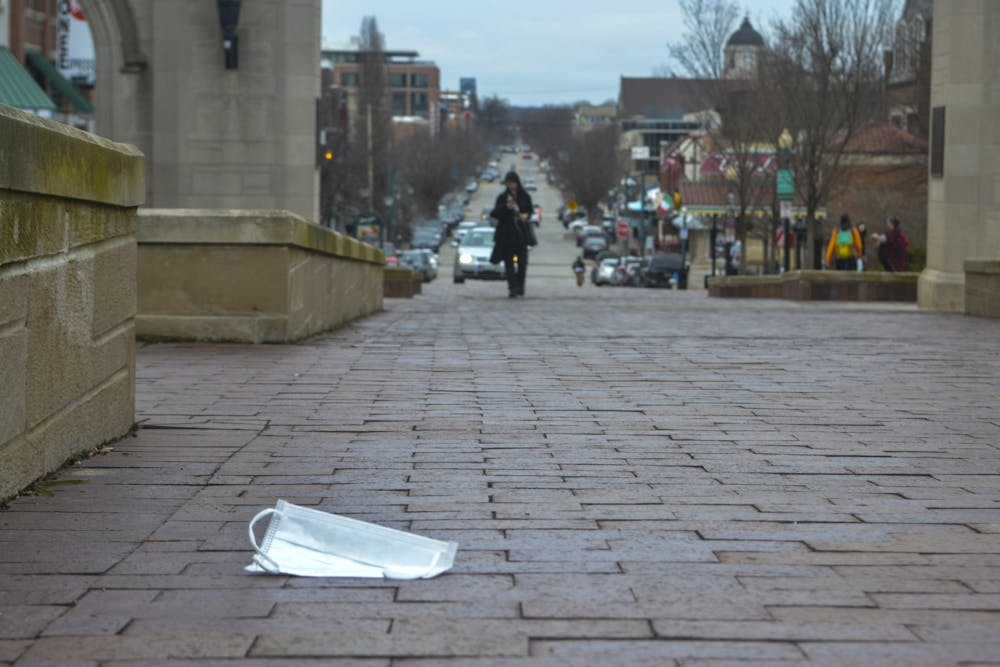University officials answered questions in a videoconference Thursday morning about housing and meal plan reimbursements, community help and move-out procedures. About 200 people attended the videoconference, and officials answered questions from participants for about an hour. They promoted the event across social media in the past few days and took questions from those posts.
Housing and dining reimbursement
Luke Leftwich, Residential Programs and Services executive director, said reimbursement for housing is expected to appear on students’ bursar accounts by the summer, but students should still pay their full bill.
RPS will calculate the reimbursements by multiplying the per-day cost of living in the RPS location by 49, which is the amount of days students had left to live in the RPS residences.
“You are owed a refund,” he said.
The reimbursement on students’ bursar accounts can be applied to charges on the bursar bill for the next year, such as housing costs or tuition payments, Leftwich said. Seniors and students who have a zero balance can request the money be directly refunded to bank accounts instead.
Officials still have to work out meal plan reimbursements, Leftwich said. They are discussing rolling over meal plans to the 2020-21 academic year and lasting for the entire academic year before expiring.
Leftwich said the reimbursement will be used to pay any standing balances the student has, such as late fees for library books, before rolling over for future charges.
RPS move-out
RPS residential life director Sarah Ivey Lucas said although students can’t live in their RPS residences without an approved petition, procedures for moving out their belongings are more relaxed due to the coronavirus pandemic. Unless damages and uncleanliness is excessive, such as holes in the walls or broken mirrors, students won’t be charged fees. Moving out past May 1 is also possible, depending on if the statewide stay-at-home order is extended.
About 1,350 students were approved to continue living in RPS residences, Ivey Lucas said. About 250 of them live in traditional residence halls and about 1,100 live in unfurnished apartments.
For students who lived in non-RPS housing this year and need to move out, IU Student Legal Services can help students talk with their landlords about breaking their leases so they don’t have to pay rent for a place they aren’t living in.
Miscellaneous IU COVID-19 help
Leftwich said IU is also helping Bloomington and Monroe County prepare for the coronavirus’ effect on the community. It’s possible IU buildings will be repurposed as hospitals in a worst-case scenario, but that is an ongoing discussion.
IU installed a Wi-Fi amplifier in the Orange Lot near the Memorial Stadium, Leftwich said. This will give IU students, faculty, staff and the general public without a stable internet connection a place where they can access the internet.
University staff members in charge of upholstery, who fix residence hall furniture, are creating medical masks for the local community. IU is donating goggles from science classes and other departments to hospitals. Leftwich said IU is also building bunk beds to give to local homeless shelters.
“We’re looking at what we can do if we’re called upon,” Leftwich said.




